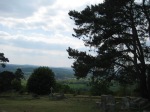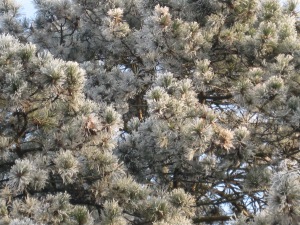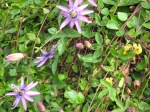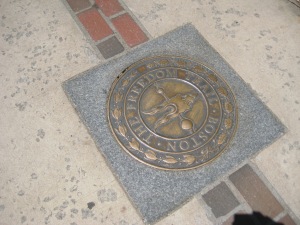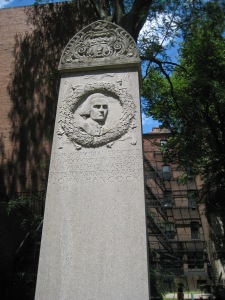The Cypress Speaks
You hewed me down to make a stall,
to make a farm-beast’s fodder box—
but I became a cradle, crib—just small—
the one to bear the King of all.
You planed me down to make a bench,
notched and mitred me, fitted me
with drawers for hacksaws, or a wrench:
wore me smooth with working hands.
You Romans hacked me, hammered nails
to make a crucifix on which to hang the Lord
Whom I had cradled. Then, in my arms once more,
I carried the Maker of the wondrous world.
They nailed Him through and hauled Him high—
Almighty Carpenter who was all Good.
Then cut Him down. But He rose high
from blood-soaked cypress wood.
When winds drive through me on the hill,
when sap is rising in the spring, then think
of me, the cypress tree you hewed…
who grew to bring you from all ill.
© Lizzie Ballagher




